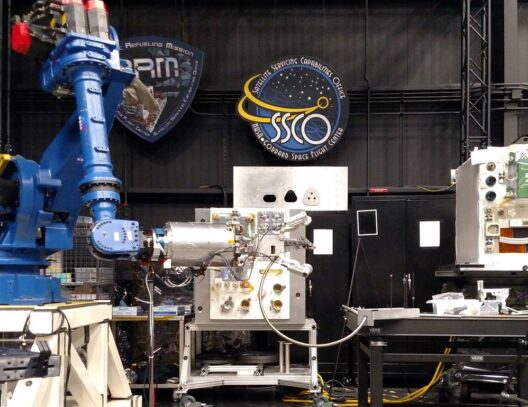Model based software design for mission critical space systems

Situation & problem
This project, ESROCOS, was part of the design of a Robot Control Operating Software(RCOS) that can provide adequate features and performance with space-grade Reliability, Availability, Maintainability and Safety (RAMS) properties. It was executed by a consortium of GMV Aerospace and Defence, DFKI, UGA, KU Leuven, Airbus Defence and Space, DLR, GMVIS SKYSOFT, ISAE Supearo and VTT and also received EU H2020 funding.
The goal of the project was to provide an open standard and an open source framework which can assist in the development of flight software for space robots. State-of-the-art robotic frameworks were already addressing some of these key aspects, but mostly failed to deliver the degree of quality expected in the space environment. In the industrial robotics world, manufacturers of robots realise their RCOS by complementing commercial real-time operating systems with proprietary libraries implementing the extra functions.
Intermodalics’ solution
Our contribution was the integration and qualification of EtherCAT, the validation and integration of geometry, kinematics and dynamics libraries and algorithms (KDL, GRSL, SOEM), and developing interfaces to ROS/ROS2 including ASN datatype conversion and making tools such as RVIZ and Gazebo available for space applications. We validated by simulating and visualizing TASTE generated controllers. Additionally, we evaluated for MISRA 2008 C/C++ compliance and proposed changes.
Outcome
The project provided an open standard for integration of systems and algorithms across multiple vendors. This can be used by research labs and industry such that the Technology Readiness Level (TRL) can be raised more efficiently, and vendor lock-in through proprietary environments can be reduced.